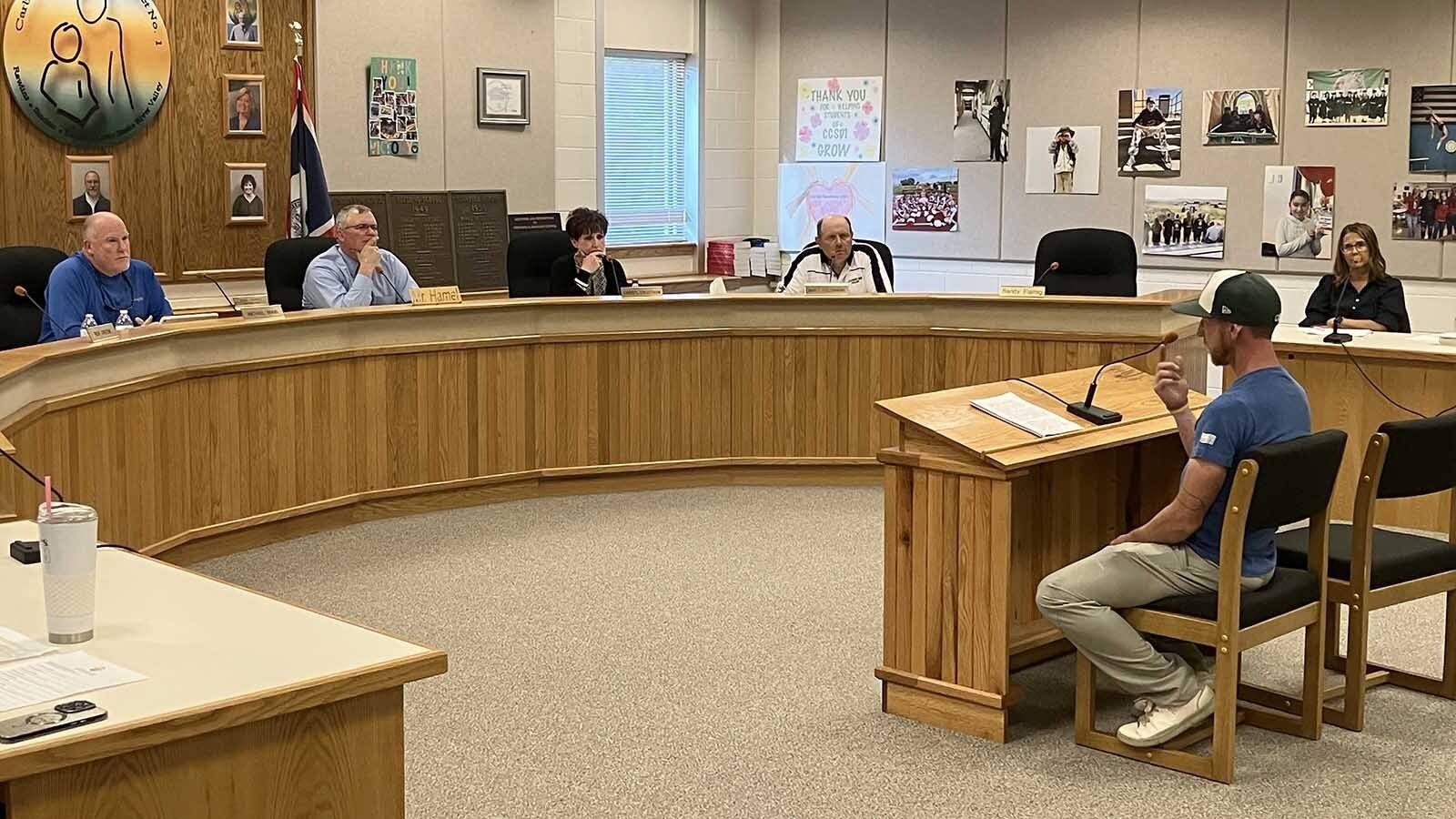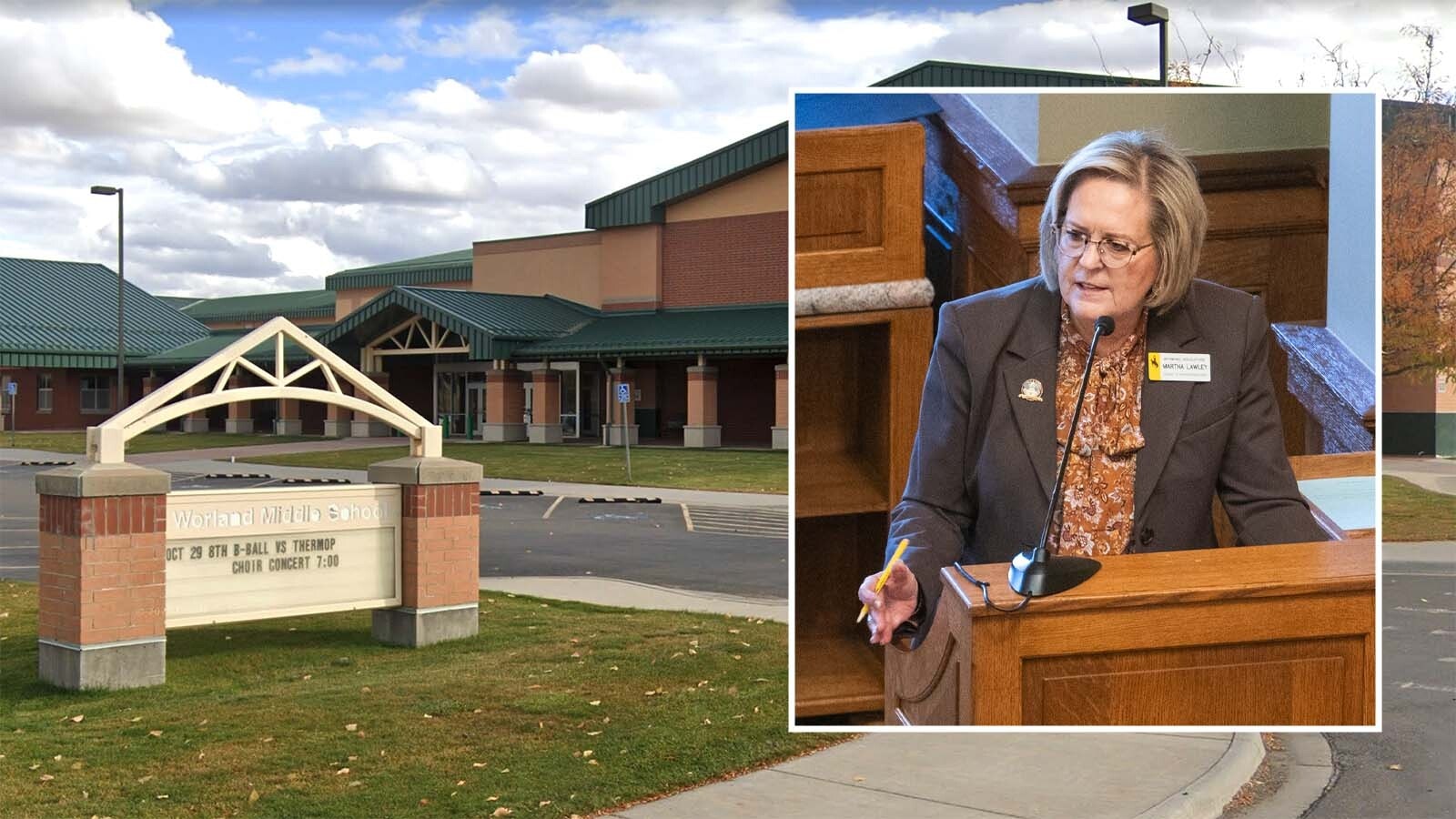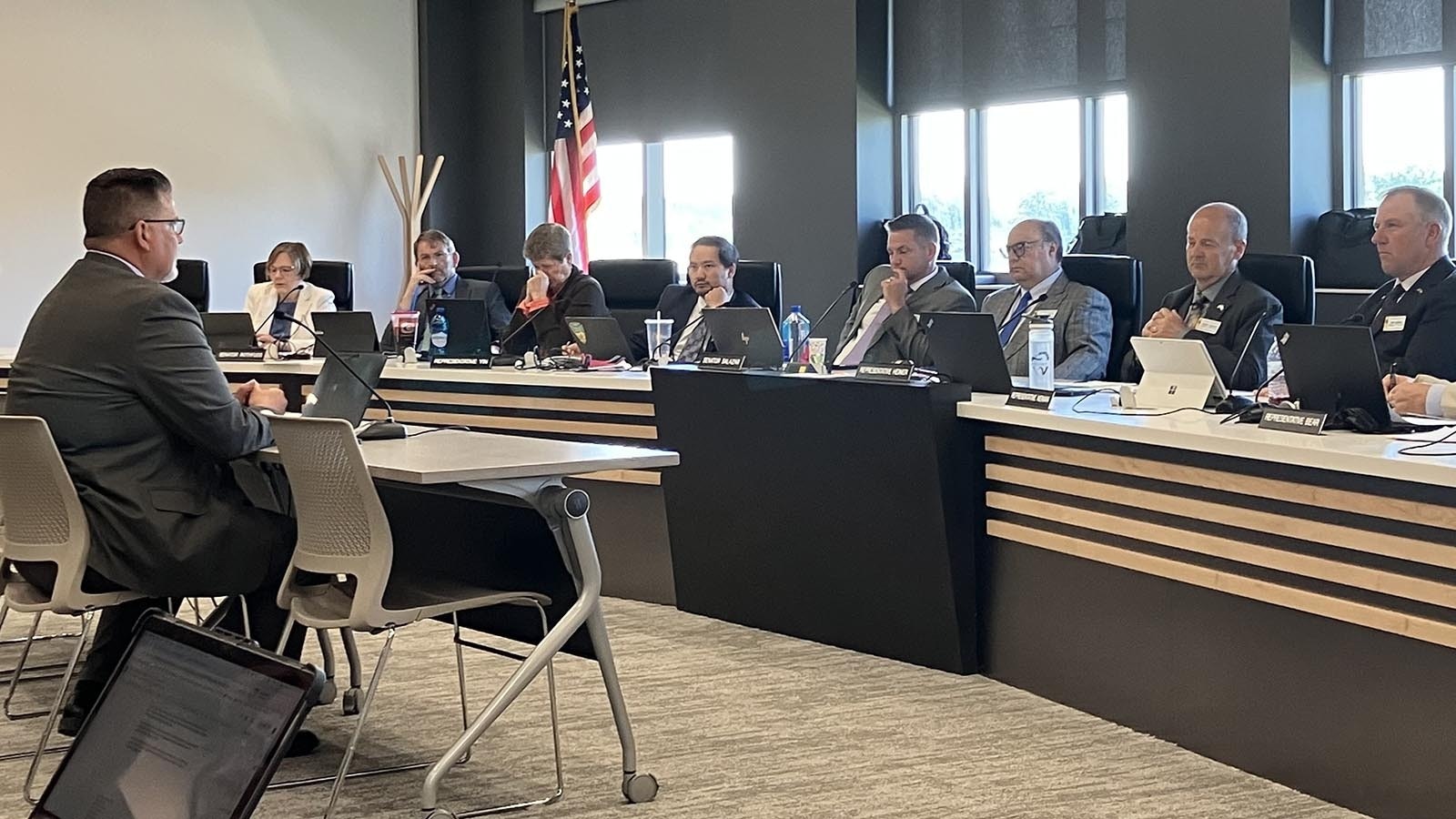The Teton County School District #1 was among the 400 school districts across the country that received federal grants to buy an electric school bus.
The district was set to receive more than $200,000 from the EPA’s $1 billion Clean School Bus Program to support the purchase of a new electric bus, but the district will have to return the money.
“We’re not able to move forward with an electric bus simply because of the infrastructure and facilities situation,” said Charlotte Reynolds, a spokesperson for the district.
The northwestern Wyoming district felt it would need indoor storage for the vehicle, which it doesn’t have.
Reynolds said the district’s transportation director had explored a number of options to accommodate the federal requirements, but the decision was made to let go of the grant money.
“It’s not feasible for it to be stored outdoors,” Reynolds said.
The district will be looking into state support to build a bus barn where it can store electric buses, but Reynolds cautioned that such a plan would take a long time.
“It appears our options are limited,” Reynolds said.
Cold Range Loss
According to the American Automobile Association, cold temperatures can reduce the range of an electric vehicle by as much as 40% if its heaters are used. It’s not so much the impacts of cold on the batteries, but rather increases in electricity use while driving that decreases the range.
Batteries are impacted by cold, but the reduction in performance depends on the battery. Last year, Recurrent, an EV advocacy and research group, analyzed range loss in cold conditions for a variety of EV models.
According to the analysis, the Chevy Volt lost 31% of its range when the temperature dropped to 0, compared to its range when the temperature is 70 degrees. The Nissan Leaf lost 14% of its range in the cold. The Tesla Model X, on the other hand, had almost no difference in its range during frosty weather.
Unprescendented Investment
The EPA had originally provided $500 million for the Clean School Bus Program, but because of an “overwhelming demand from school districts across the country, including in low-income communities, Tribal nations and territories,” the EPA bumped it up to $1 billion, according to a release on the awards.
The awards are the first $1 billion of a five-year, $5 billion program created by President Joe Biden’s Bipartisan Infrastructure Law.
“As many as 25 million children rely on the bus to get to school each day. Thanks to the Biden-Harris administration, we are making an unprecedented investment in our children’s health, especially those in communities overburdened by air pollution,” said EPA Administrator Michael Regan in the press release.
While EV buses in Wyoming will take some time to come online, Sublette County School District #1 has been operating a natural gas bus program for the past decade. Lisa Ruckman, transportation director for the district, said it has seven buses running on natural gas with one route going 125 miles per day.
The district also operates its own natural gas filling station, which has a pump that’s available to the public.
No Exceptions
The federal government is funding a number of programs to support a transition away from gasoline- and diesel-powered vehicles, including the National Electric Vehicle Infrastructure (NEVI) Program.
The program provides money to support the construction of EV charging stations along highways and interstates. Wyoming will receive about $24 million through the program over the next five years.
As with the Clean School Bus Program, the NEVI program contains requirements that don’t fit circumstances here in Wyoming. The program requires charging stations to be placed every 50 miles and near exits. With long stretches between towns where there is infrastructure to support charging stations, the Wyoming Department of Transportation requested 11 exemptions from the requirements. The feds approved only three.
To date, the department hasn’t received any information on exactly why the exemptions were refused. It is moving ahead with the program, however, and expects to issue RFPs sometime early next year.





